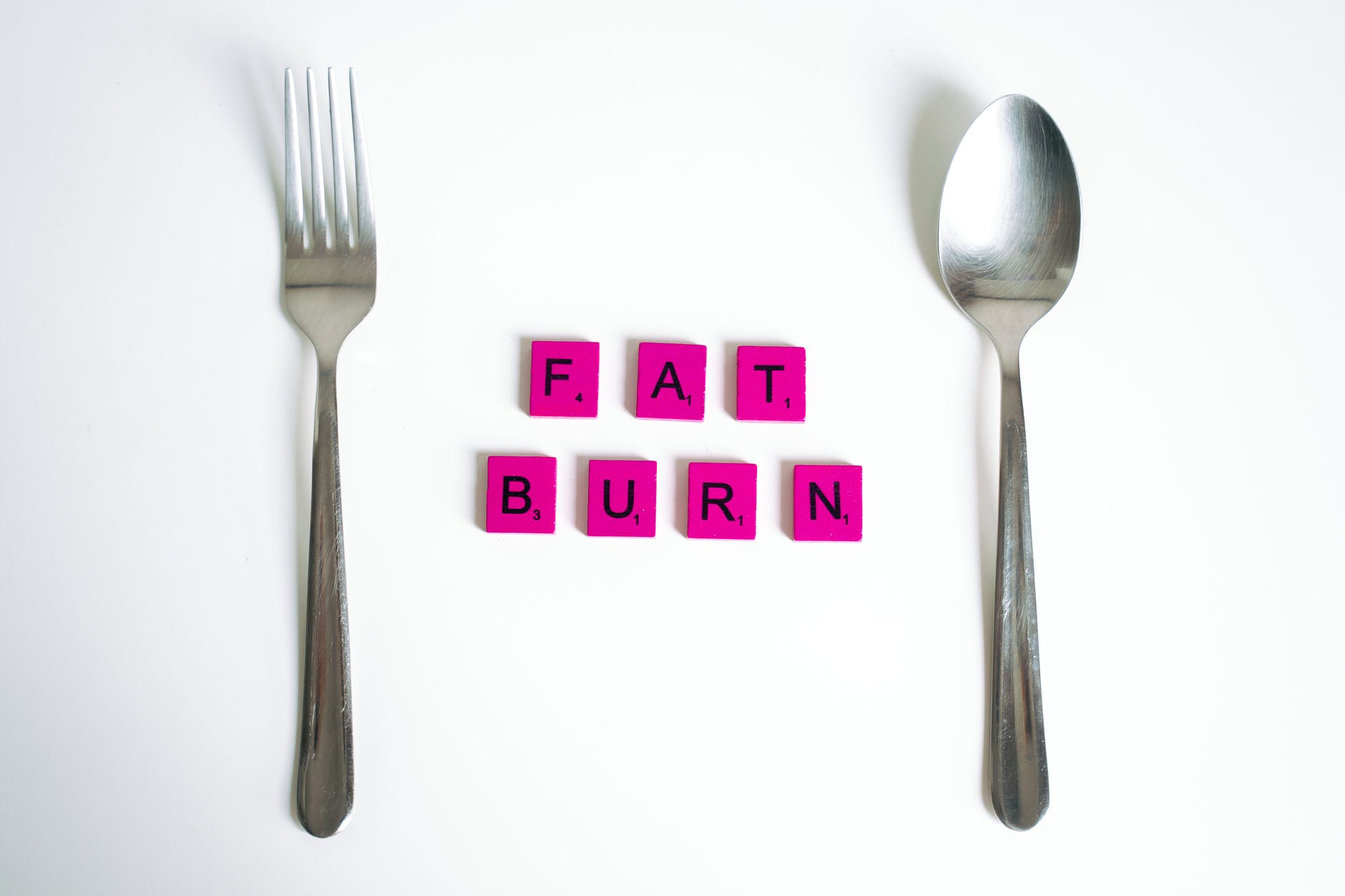
Ready For A Natural Metabolism Boost?
A fast metabolism can be genetic and is inherited by some individuals, but can a metabolism boost be done naturally to a slow metabolism?
Well, the sought after secret of people over the globe is how to boost your metabolism, but how easily your body eliminates calories depends on several factors.
For most people, after age 40, their metabolism slows gradually. There are other ways to boost your metabolism though, while factoring your age, gender, or genetics to the equation.
And of course, men usually burn more calories, even when sleeping, than females. No surprise there, huh?
Weight Training
The body burns calories continuously, even without moving. In people with more muscle tone, this resting metabolic rate is much higher. Each pound of muscle requires only around 6 calories a day to support itself, while each pound of fat uses about 2 calories a day to burn.
Over time, the small difference will add up. Muscles are stimulated in the body after a session of strength training, increasing the average daily metabolic rate.

Aerobic exercise does not build massive muscles, but in the hours following a workout… it will speed up your metabolism. Pushing yourself is the secret, out of your comfort zone is key though.
High-intensity exercise offers a greater, longer increase in the metabolic rate of rest than low or moderate-intensity workouts. Take a more vigorous class at the gym to get the advantages, or include short bursts of jogging during your daily stroll.
How to Boost Energy for those needed workouts…
Some components in energy supplement & drinks can give a boost to your metabolism. Others are full of caffeine, which enhances the amount of energy that is used by your body. And then others include a blend of powerful antioxidants proven to support a healthy inflammation response and balance energy levels.
Leaving you feeling energetic, confident and revitalized. Even improving digestion, leaving you with the flat belly you’ve wanted for years. It’s important to find the right all natural energy source for you.
Water…why is that Important For A Fast Metabolism?
Water helps to filter waste for the organs. Dehydration causes the kidneys to retain water.
When waste builds up in the body, people may feel bloated, swollen, and tired. Bloating can add inches to a person’s waist.
Maintaining good hydration is a good way to avoid retaining waste, which may add a few extra pounds.
Water also serves as an appetite suppressant, calorie burner and decreases overall liquid caloric intake, equaling overall weight loss.
How much water should you take in to boost your metabolism?
Most health authorities suggest ranges for daily water intake. The following water intake recommendations are from the National Academy of Medicine (NAM) in the United States:
- 2,700 mL/day for adult women
- 3,700 mL/day for adult men
Tips to help to increase water intake:
- drink at least one 8-ounce glass of water with each meal
- drink extra water when exercising or during physical activity
- carry water in a reusable water bottle
- drink extra water when it is warm, humid, or very sunny
- keep a glass of water near the bed
Metabolism Boost Possible With Just More Sleep?
Yes! Researchers report that women who sleep 5 hours or less per night generally weigh more than women who sleep 7 hours per night.
Sufficient sleep gives our bodies the chance to heal, including strengthening of our muscles fibers after a great workout, resetting our internal clocks and giving our skin and hair a chance to grow and regenerate.
It’s also important to sleep in a flat position, with one pillow and not in the recliner. This is the only time is that our spine gets to fully rest, fully extended.
By sleeping in any degree of trunk flexion you are continuing to place pressure on the intervertebral discs even while sleeping.
Negative effects of inadequate sleep on our metabolism:
- Drives down leptin levels, which causes the body to crave carbohydrates.
- Interferes with the body’s ability to metabolize carbohydrates and causes high blood levels of glucose, which leads to higher insulin levels and greater body-fat storage.
- Can increase the risk of heart disease & high blood pressure
- Can lead to insulin resistance and contribute to increased risk of diabetes
- Reduces levels of growth hormone — a protein that helps regulate the body’s proportions of fat and muscle.
In Conclusion…Can metabolism be boosted?
Yes.
Incorporate the wellness tips and supplement suggestions mentioned above and see your fat loss goals appear or should I say disappear, right in front of your eyes.


Leave a Reply